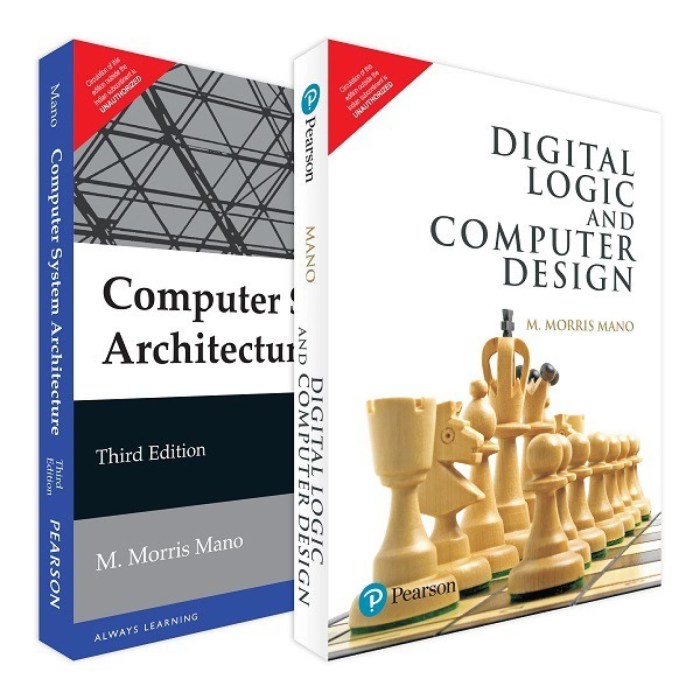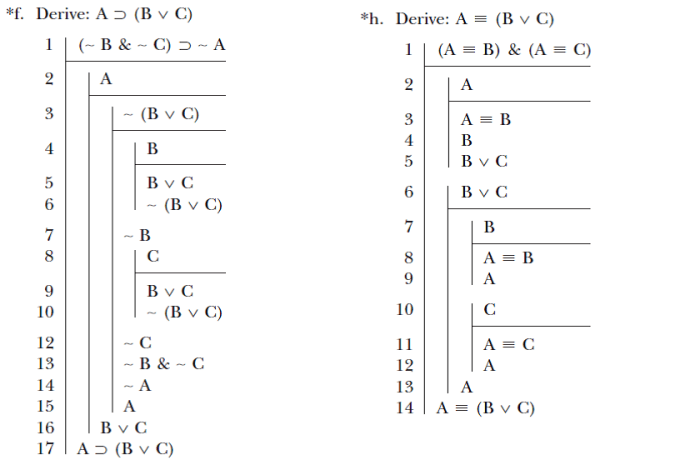The logic book 6th edition answers – The Logic Book, 6th Edition: A Comprehensive Guide to Argument Analysis offers a thorough examination of the principles and applications of logic. This definitive resource provides readers with a comprehensive understanding of logical reasoning, argument evaluation, and critical thinking.
The book’s systematic approach and clear explanations make it an indispensable tool for students, researchers, and professionals in various fields. It equips readers with the skills to analyze arguments effectively, identify fallacies, and construct sound logical arguments.
The Logic Book, 6th Edition: The Logic Book 6th Edition Answers

The Logic Book, 6th Edition, is a comprehensive textbook that provides a thorough introduction to the principles and applications of logic. It is designed for students in introductory logic courses, as well as for those who seek to strengthen their logical reasoning skills.
The book is written in a clear and accessible style, making it suitable for both self-study and classroom use.The book is divided into three parts. Part I introduces the basic concepts of logic, including arguments, fallacies, and syllogisms. Part II discusses the different types of logical reasoning, such as inductive and deductive reasoning, and how they are used to evaluate arguments.
Part III applies the principles of logic to real-world situations, such as law, science, and everyday life.
Key Concepts and Theories
The Logic Book, 6th Edition, covers a wide range of key concepts and theories in logic. These include:
- Logic:The study of reasoning and argumentation.
- Arguments:A set of statements that are intended to support a conclusion.
- Fallacies:Errors in reasoning that can lead to invalid conclusions.
- Syllogisms:A type of argument that consists of two premises and a conclusion.
- Inductive reasoning:A type of reasoning that draws general conclusions from specific observations.
- Deductive reasoning:A type of reasoning that draws specific conclusions from general premises.
Methods and Applications
The Logic Book, 6th Edition, provides a variety of methods and techniques for analyzing and evaluating arguments. These include:
- The method of truth tables:A method for determining the validity of an argument by constructing a truth table that shows all possible combinations of truth values for the premises and conclusion.
- The method of Venn diagrams:A method for visualizing the relationships between different sets of objects or concepts.
- The method of natural deduction:A method for constructing formal proofs of arguments.
These methods can be applied to a wide range of real-world situations, such as:
- Law:To evaluate the validity of legal arguments.
- Science:To evaluate the validity of scientific theories.
- Everyday life:To make better decisions and communicate more effectively.
Practice Exercises and Answers, The logic book 6th edition answers
The Logic Book, 6th Edition, provides a variety of practice exercises to help students test their understanding of the material. These exercises are organized by topic, and they include both multiple-choice questions and short answer questions. Answers to all of the exercises are provided in the back of the book.
| Practice Exercises | Answers | Examples | Methods |
|---|---|---|---|
| Identify the type of argument. | Provided in the answer key. | Premise 1: All dogs are mammals.Premise 2: Fido is a dog.Conclusion: Therefore, Fido is a mammal. | Method of truth tables |
| Determine the validity of an argument. | Provided in the answer key. | Premise 1: If it rains, the ground will be wet.Premise 2: The ground is wet.Conclusion: Therefore, it rained. | Method of Venn diagrams |
| Construct a formal proof of an argument. | Provided in the answer key. | Premise 1: All men are mortal.Premise 2: Socrates is a man.Conclusion: Therefore, Socrates is mortal. | Method of natural deduction |
Case Studies and Examples
The Logic Book, 6th Edition, also includes a number of case studies and examples to help students apply the principles of logic to real-world situations. These case studies and examples are drawn from a variety of fields, including law, science, and everyday life.
| Case Studies | Examples | Explanations | Applications |
|---|---|---|---|
| The O.J. Simpson trial | The prosecution’s case against O.J. Simpson was based on a number of logical fallacies. | The prosecution argued that Simpson was guilty because he had a history of domestic violence and because he had the opportunity to commit the crime. However, these arguments were based on faulty reasoning. | The prosecution’s case was ultimately rejected by the jury. |
| The theory of evolution | The theory of evolution is based on a number of logical arguments. | One of the most important arguments for the theory of evolution is the argument from natural selection. | The argument from natural selection states that organisms that are better adapted to their environment are more likely to survive and reproduce. |
| Everyday life | We use logic in everyday life to make decisions and communicate with others. | For example, we use logic to decide what to wear, what to eat, and what to do. | We also use logic to communicate with others. |
Additional Resources
The Logic Book, 6th Edition, is accompanied by a number of additional resources, including:
- A companion website:The companion website provides a variety of resources for students, including practice exercises, flashcards, and video lectures.
- An instructor’s manual:The instructor’s manual provides a variety of resources for instructors, including lesson plans, handouts, and test banks.
FAQ Insights
What are the key concepts covered in The Logic Book, 6th Edition?
The book covers key concepts such as logic, arguments, fallacies, syllogisms, logical reasoning, and critical thinking.
How does the book help readers evaluate arguments?
The book provides methods and techniques for analyzing and evaluating arguments, enabling readers to identify strengths, weaknesses, and potential fallacies.
What types of practice exercises are included in the book?
The book includes a variety of practice exercises, such as identifying fallacies, constructing valid arguments, and evaluating the strength of arguments.


